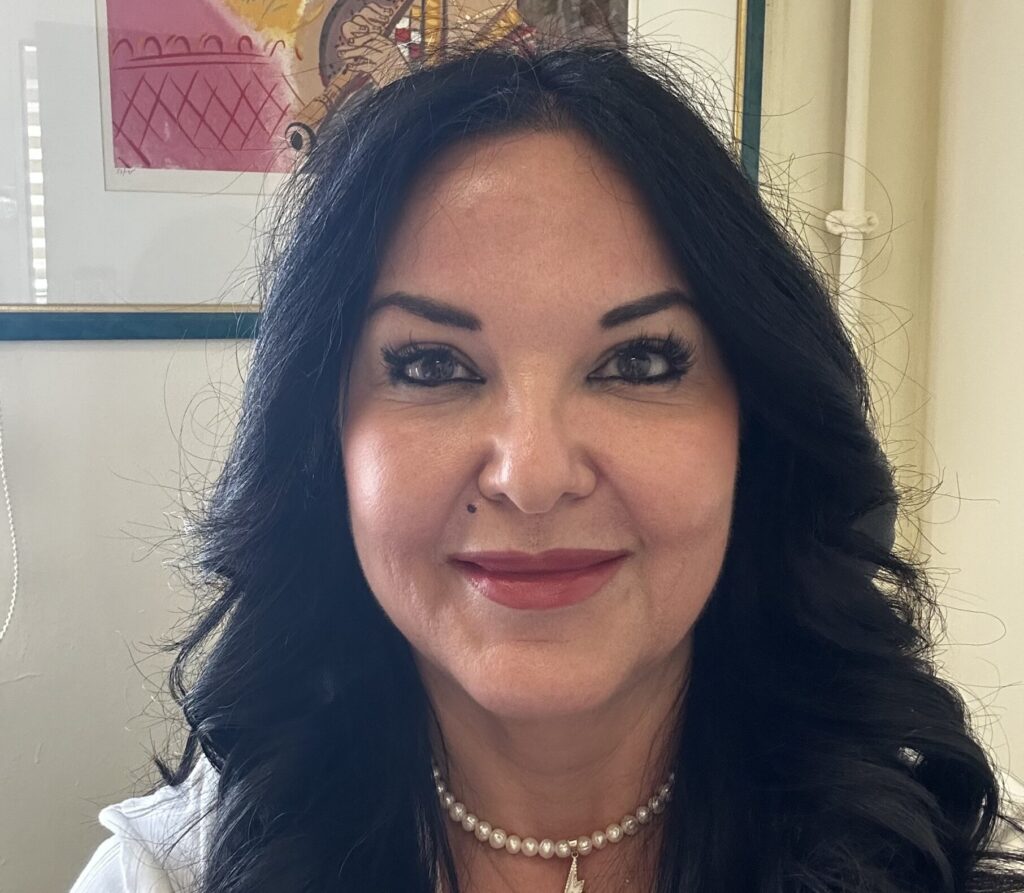
This month, we spoke with Professor Sophia Schiza, Head of the European Respiratory Society Assembly 4 for sleep-disordered breathing. She shares insights into her work, including her involvement in major European research initiatives, and offers valuable advice to those navigating diagnosis and treatment.
I am a professor of Respiratory and Sleep Medicine at the University of Crete and Head of the European Respiratory Society (ERS) Assembly 4. As a researcher, my interests include exploring the links between sleep and breathing disorders and other conditions, such as COPD and interstitial pulmonary fibrosis (IPF). I am also interested in how these disorders affect men and women differently and the role of technology in diagnosis and treatment.
I am a member of the European Sleep Apnoea Database (ESADA), which collects data from clinical trials across Europe to better understand risk factors for these conditions. Through my involvement in the IMPORTANCE clinical research collaboration (CRC) and several task forces, I hope to improve outcomes by working closely with patients.
Sleep and breathing disorders impact every aspect of a patient’s life. We must learn about the hidden challenges of these conditions and how best to manage them.
The upcoming ELF Patient Conference is a great platform for patients to share insights and learn from experts about current and future treatments. Working alongside patients at events like these is a great opportunity for researchers too, as it helps us to identify priority areas for research and care. I look forward to applying this knowledge to my own work and understanding how this can contribute to improved care for patients.
At the ERS Sleep and Breathing Conference, I spoke about how obstructive sleep apnoea affects men and women differently. This is a topic that does not always receive enough attention. Key differences include:
It is also important to consider how living with a sleep and breathing disorder can change with a woman’s age and fertility. Raising awareness of these issues at scientific conferences can help educate other professionals about these challenges and provide better support for patients in the clinic.
The diagnosis journey can be challenging. Some helpful steps include:
Maintaining a good quality of life is possible. I recommend:
Through the EU-funded project SLEEP REVOLUTION, we are working towards advances in technology which can improve health outcomes. One of our goals is to use artificial intelligence (AI) to group OSA patients based on their symptoms and how well they respond to treatment. This could lead to more personalised therapies and improved patient outcomes.
Sleep medicine is evolving rapidly. I am excited to continue collaborating with professionals and patients through ERS and ELF to ensure that research translates into meaningful improvements in care.
Join us for our first Living with Sleep and Breathing Disorders Patient Conference, where we will hear patient insights on living with these conditions and learn from experts about their current and future treatments.
Learn more